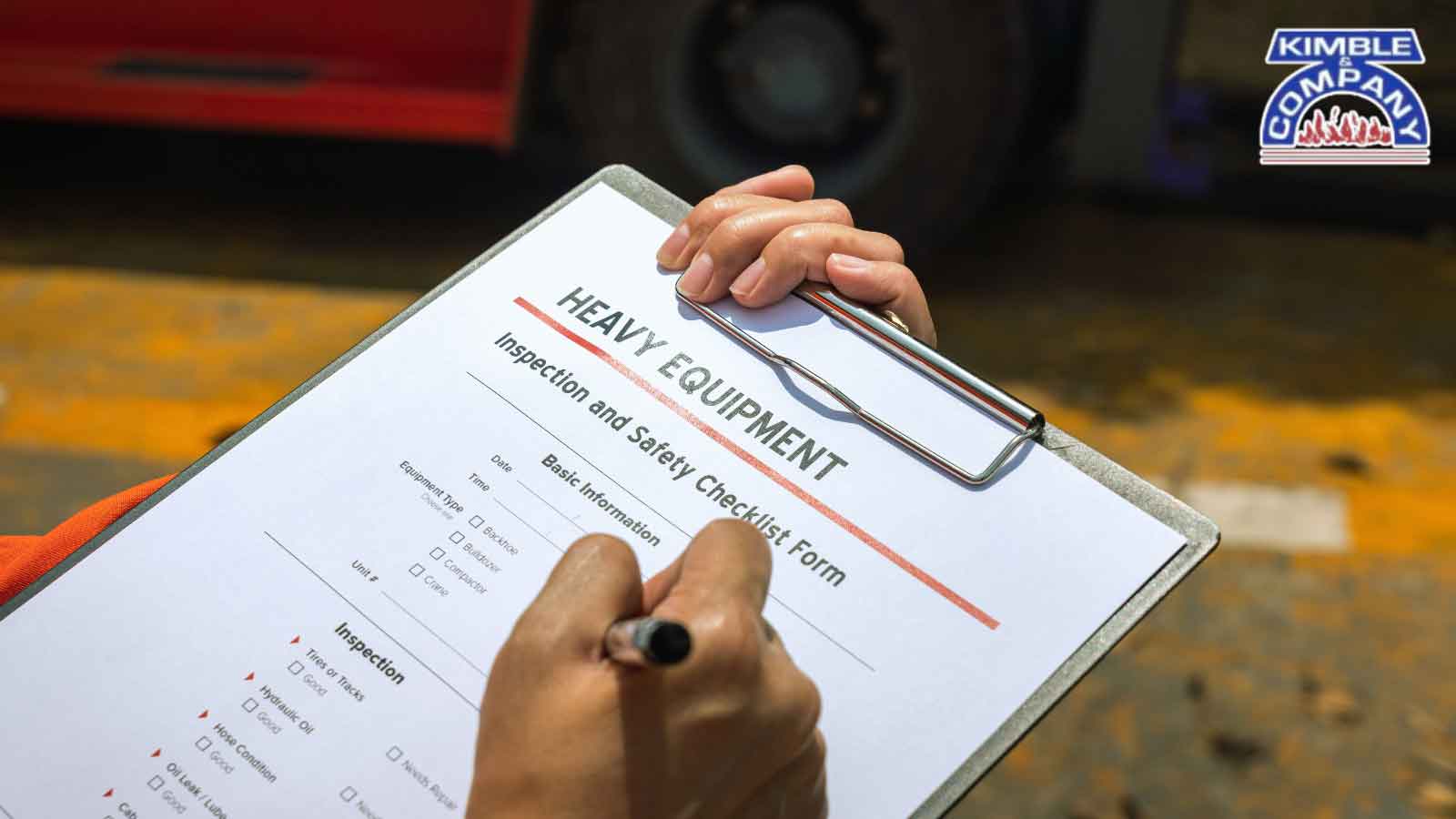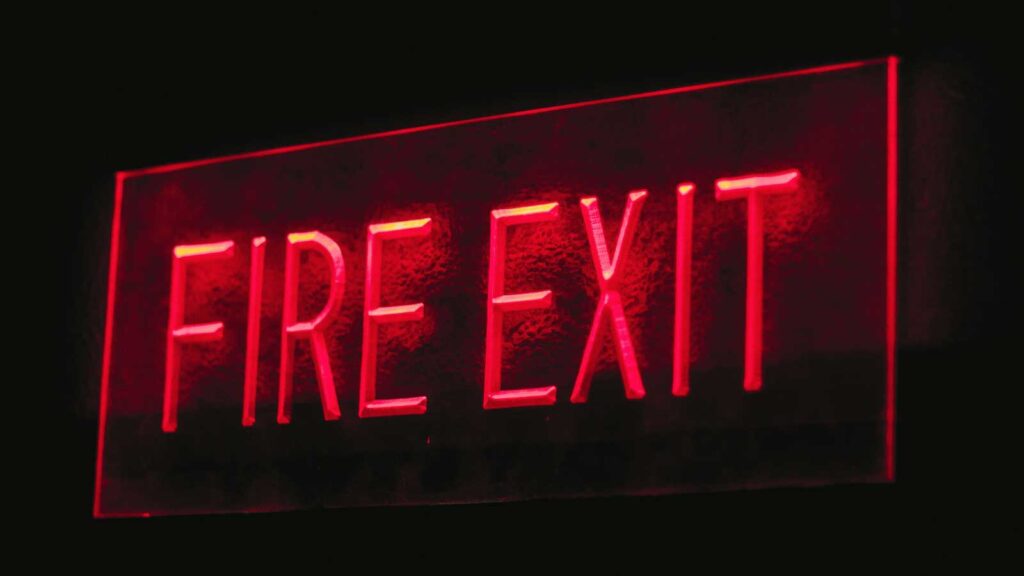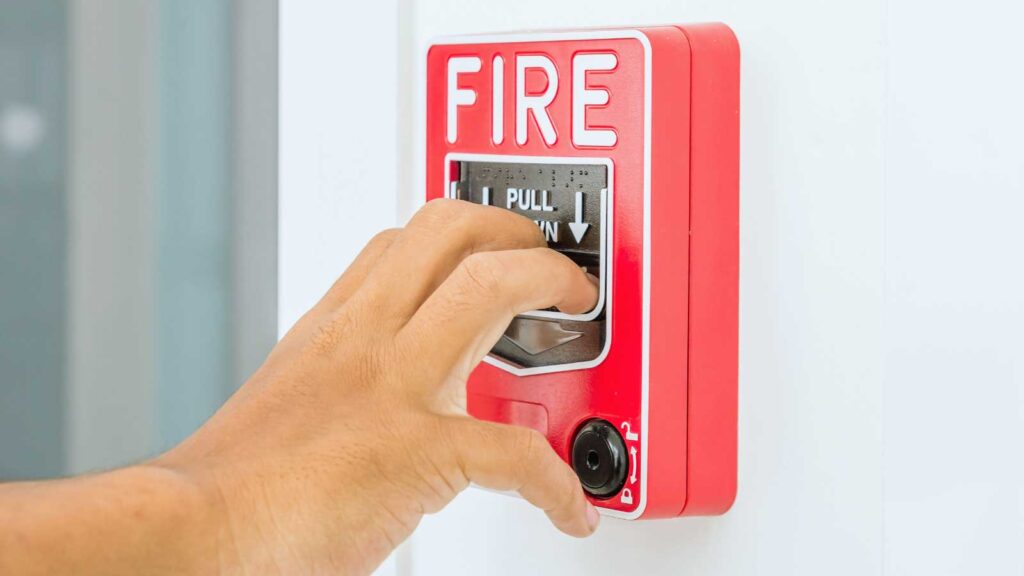Fire safety is a critical concern for commercial buildings in Los Angeles. The city’s dense urban environment, high temperatures, and aging infrastructure increase fire risks for businesses. Commercial properties face devastating consequences without proper fire protection services, including property loss, legal liabilities, and potential fatalities.
Understanding the top fire hazards and implementing a proactive fire protection strategy can prevent disasters. Addressing these risks, from electrical failures to outdated fire sprinkler systems, ensures compliance and protects businesses from severe financial losses.
What Are the Top Fire Risks for Commercial Buildings?
Fire hazards are a serious concern in commercial buildings, especially those that house high-powered equipment, flammable materials, or aging electrical infrastructure. Business owners and property managers must address these risks to ensure safety, compliance, and uninterrupted operations.
Neglecting fire safety measures can lead to devastating property damage, legal liabilities, and, most critically, loss of life. Below are some of the most common fire risks businesses must actively mitigate.
Electrical Hazards and Overloaded Circuits
Electrical fires are one of the leading causes of commercial building fires, often sparked by faulty wiring, overloaded outlets, and poorly maintained electrical systems. Many older buildings in Los Angeles still operate on outdated electrical systems that struggle to meet the power demands of modern businesses, making them particularly vulnerable.
- Overloaded power strips and extension cords are frequent culprits of electrical fires. Businesses relying on multiple devices plugged into a single outlet risk overheating wires and igniting surrounding materials.
- Aging electrical panels may contain outdated components that overheat, short-circuit, or fail, leading to sparks and potential fire hazards.
- Exposed or frayed wiring can ignite walls, insulation, or stored materials, especially in industrial facilities or retail spaces with cluttered backrooms.
Preventative Measures
Regular electrical inspections are essential for identifying hazards before they lead to fire incidents. Upgrading outdated electrical panels ensures they can handle modern energy demands without overheating.
Properly distributing electrical loads and minimizing reliance on extension cords reduces the risk of overloaded circuits. Partnering with a fire protection company helps assess and mitigate electrical fire risks, ensuring compliance with safety regulations and enhancing overall fire prevention measures.
Flammable Materials and Improper Storage
Many commercial buildings store flammable materials, even if they are not industrial or manufacturing facilities. Office buildings, retail stores, warehouses, and restaurants often house paper, cleaning supplies, cooking oils, or chemicals that can fuel a fire if not stored properly.
- Warehouses and storage facilities must follow strict fire protection protocols when stacking and storing combustible products like cardboard, wood, and plastics. Improperly stacked materials can block fire sprinklers or fuel rapid fire spread.
- Restaurants and commercial kitchens must carefully handle flammable cooking oils, grease, and gas-powered equipment. Grease buildup in exhaust vents and ducts can ignite from a single spark.
- Flammable liquids, including paint, alcohol-based sanitizers, and industrial chemicals, must be stored in fire-rated cabinets and away from heat sources.
Preventative Measures
To minimize fire risks, businesses must adhere to OSHA and NFPA regulations for storing flammable materials. Proper fire sprinkler system installation and routine maintenance are essential for containing potential fires before they spread.
Hazardous materials should always be stored in fire-resistant areas, away from ignition sources, to prevent accidental combustion. Regular safety inspections help ensure compliance with fire protection standards and verify that storage policies effectively mitigate fire hazards.
How Does Los Angeles’ Climate Affect Fire Safety?
Los Angeles’ climate presents unique challenges for commercial fire safety. The region’s prolonged dry spells, scorching heat waves, and frequent wildfires significantly increase the risk of fire outbreaks. Businesses must take extra precautions to safeguard their properties, employees, and assets. Maintaining fire protection services is crucial in mitigating climate-driven hazards and ensuring compliance with local fire codes.
Impact of Drought and Extreme Heat on Fire Risks
Drought conditions and extreme heat significantly increase fire risks for commercial buildings. Prolonged dry spells make surrounding vegetation highly combustible, raising the likelihood of fires, especially for properties with landscaping or older infrastructure. Heat waves also put a heavy strain on electrical systems, leading to overloaded circuits, overheating wiring, and failing HVAC units—all potential fire hazards.
Neglected HVAC systems further amplify fire risks, as clogged air filters, dust buildup, and overheating compressors can ignite electrical fires. Regular inspections and maintenance of cooling and ventilation systems reduce these dangers and ensure efficient operation during extreme temperatures.
Investing in fire sprinkler system maintenance and fire alarm system installations strengthens fire protection efforts, providing early detection and suppression to prevent widespread damage and maintain compliance with safety regulations.
Wildfire Risk for Commercial Properties in LA
Los Angeles’ wildfire-prone landscape presents serious risks for commercial properties, particularly those near hillsides, industrial zones, and brush-heavy areas. Businesses in these locations face heightened threats of structural fires, smoke damage, and operational shutdowns.
Structural fire protection measures are equally crucial. Non-combustible roofing, fire-resistant exterior materials, and fire alarm systems with advanced smoke and heat detection provide early warnings, allowing businesses to act before disaster strikes.
Compliance with Los Angeles’ stringent fire protection services regulations, including mandatory fire sprinkler system installations and routine inspections, is essential. These proactive safety measures protect assets and occupants, help businesses meet insurance requirements, and minimize financial losses during wildfire emergencies.
Are Older Buildings at Higher Risk for Fires?
Aging commercial buildings in Los Angeles face heightened fire risks due to outdated infrastructure and a lack of modern fire protection systems. Many of these properties were built before current fire safety regulations were established, making them more susceptible to electrical failures, structural vulnerabilities, and delayed emergency response. These buildings pose serious risks to occupants, assets, and overall business operations without proper upgrades and routine maintenance.
Fire Hazards and Compliance Challenges in Older Buildings
Aging commercial buildings present increased fire risks due to outdated electrical systems, deteriorating fire sprinkler components, and materials that lack modern fire resistance. Faulty wiring, overloaded circuits, and insulation breakdowns heighten the chance of electrical fires, especially in properties with multiple renovations but no electrical upgrades. Corroded or blocked fire sprinkler systems may also fail to activate, making fire containment difficult and increasing damage potential. Without proper maintenance and system updates, these vulnerabilities leave older buildings at higher risk of fire-related incidents.
Los Angeles fire codes require aging properties to meet updated safety standards, but compliance can be difficult due to structural limitations, outdated layouts, and costly renovations. Frequent fire sprinkler inspections help ensure adherence to NFPA and LAFD regulations, but property owners must go further by upgrading fire protection services, including fire alarm installation, fire-resistant materials, and enhanced suppression systems. Investing in these improvements reduces liability, prevents costly fines, and strengthens fire safety for tenants, employees, and assets.
What Regulations Govern Fire Safety in Los Angeles?
Fire safety regulations in Los Angeles are designed to reduce fire hazards, protect lives, and prevent business disruptions. The Los Angeles Fire Department (LAFD) enforces strict safety codes that require commercial properties to comply with fire protection standards.
Businesses must follow these regulations to avoid fines, prevent legal liability, and ensure uninterrupted operations. Partnering with a fire protection company helps businesses stay compliant and maintain safe working environments.
LA Fire Codes and Business Compliance
The LAFD mandates regular fire inspections for commercial properties to verify that fire protection systems function correctly and meet updated safety codes. Businesses are required to maintain detailed records of fire sprinkler inspections, fire alarm testing, and safety drills to prove compliance. Failure to adhere to these regulations can result in hefty fines, permit revocations, or temporary business closures.
Businesses rely on certified fire protection services to effectively navigate these compliance requirements. These professionals conduct inspections, provide system upgrades, and ensure that fire alarms, sprinklers, and emergency exits meet all legal standards. Staying proactive with fire protection services helps businesses avoid penalties and strengthens overall workplace safety.
What Preventive Measures Can Businesses Take?
A proactive approach to fire protection is the best way to safeguard commercial properties, employees, and assets. Los Angeles fire codes mandate strict fire safety requirements, making routine inspections, professional maintenance, and compliance with NFPA standards critical to preventing devastating losses and legal liabilities.
Fire Sprinkler and Suppression System Requirements
Los Angeles fire codes require fire sprinkler systems and suppression equipment in certain commercial properties, such as warehouses, restaurants, and high-occupancy buildings. These systems prevent small fires from escalating, protecting lives and minimizing damage.
Regular fire sprinkler system maintenance is essential to ensure proper activation during an emergency. Issues such as blocked sprinkler heads, corroded pipes, and low water pressure can compromise performance. Fire alarm systems must also be tested regularly to guarantee early detection, providing occupants with critical time to evacuate and emergency responders with prompt alerts.
The Role of Routine Fire Inspections and Maintenance
Fire inspections go beyond fire sprinkler maintenance by evaluating the entire fire protection system. Certified fire protection services assess sprinklers, alarms, suppression systems, electrical systems, and emergency exits to ensure that all safety mechanisms function properly.
A fire protection company also verifies compliance with Los Angeles fire codes and NFPA regulations, addressing risks such as faulty wiring, obstructed evacuation routes, and improper storage of flammable materials. These inspections help businesses avoid costly fines, reduce liability, and resolve safety concerns before they lead to fire-related losses.
Ensure Your Business Is Fire-Safe
Protect your business before it’s too late. Kimble & Company Fire Protection Systems provides expert fire sprinkler system maintenance, fire alarm installations, and compliance inspections to keep your property secure and up to code.
Schedule a professional fire safety assessment today and gain peace of mind knowing your business is fully protected. Call Kimble & Company Fire Protection Systems to book your consultation and fortify your fire protection plan.



